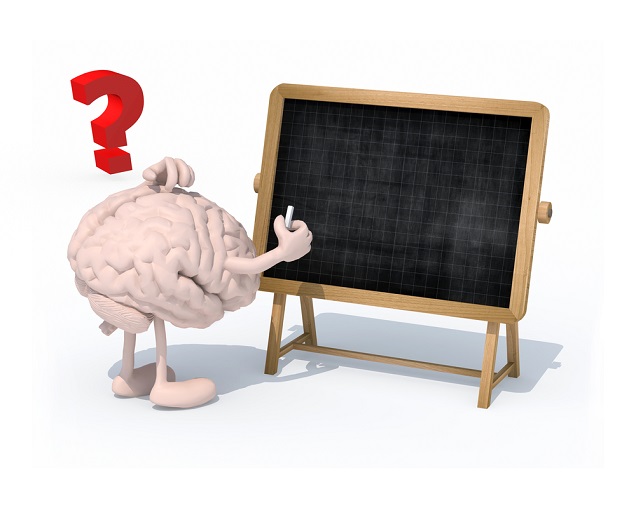Lowering Of The Bar?


The assassination of Charlie Kirk — shocking, disgraceful, horrid, any number of adjectives fit here. Whether you agreed with his philosophy in whole or in part, whether you disagreed vociferously with him in whole or in part, the wanton killing of a 31-year-old husband and father of two young children was an act of ruthless cruelty without regard to its consequences. An act of a killer’s supreme selfishness, no matter how anyone tries to spin it.
It’s clear that social media has had a part in all this. Showing Kirk’s death was another act of ruthless cruelty. At some time in the future, his children may be able to watch that terrible event. Why? To what end? Why does anyone need to see that? Is that “news” or a gratuitous indignity? No excuses, please.
Since I am a dinosaur lawyer, I remember all too well the assassinations of the 1960s. Those acts of political violence stunned the nation.
There was no internet in those days, and definitely no social media, which — given the events of the past weeks or so — even more, deserves the term “unsocial media.” Way back then, people relied on newspapers and broadcast media (radio and TV) for their information. There was implicit trust then between the media and the public, only to be broken by Vietnam. Those days of trust are long gone.
In light of Kirk’s death and other recent news, the attacks on the First Amendment are relentless and, to me as a lawyer, horrifying. Perhaps those who slept through Con Law class may view free speech differently. I never thought that Sen. Ted Cruz and I would ever have any common ground, but here he is, with a warning that everyone, whatever political persuasion, needs to keep in mind. He’s spot on; the party in power will change at some point and he warns that “mob boss” comments could lead to “sauce for the goose is sauce for the gander.”
Has the internet made us stupid? Do we defer way too much to what appears on social media to the detriment of using our brains? What about the prevalence of AI and the ever-consuming role it plays in our lives? What will happen to our abilities to think critically? Have we already dumbed down? Are we now too lazy to make sure that cited cases do actually exist, that they are not hallucinations, and that they stand for the propositions for which they are proferred? And what about the rigor that is required in law practice? A relic?
We reach immediately for the smartphone to give us the answer. No longer do we have the patience to seek the answer ourselves when Google can do it for us. So, now with the widespread use of AI in its various permutations, is AI making us lazy? I remember the “good old days,” not necessarily “good” but they were definitely “old” when we had to do the mental work that doesn’t seem to be required as much today.
Is critical thinking still needed? Or can we offload that responsibility to AI and the various incarnations that we see all around us? And if we shrug off that responsibility, how does it affect our professional and ethical duties? Are we then shirking them or still working with them, but just in different ways?
It shouldn’t come as a surprise to any lawyer who uses ChatGPT or any other tool, that there is an inverse relationship between the use of such tools and the effect on knowledge workers, which is what we are. The more we rely on AI, the less we need to use our brains. We are all knowledge workers, but for how much longer?
A survey earlier this year drew the conclusion that while Gen AI can improve worker efficiency, it inhibits critical thinking, leading to overreliance on AI, and reduces the ability for workers to problem solve on their own. No surprise there. Are we then nothing more but human automatons? Scary, isn’t it? To think that while we may be knowledge workers, essential knowledge may no longer be coming from us, but from machines who don’t take time off, who can work 24/7, who don’t have student loans to repay, who don’t complain about billables, required minimum hours, and partner potential. But how are newbie lawyers to learn all the things they need to learn to be competent lawyers? If AI does the work, what do the newbies do to learn what they need to know to become competent and effective?
Jill Switzer has been an active member of the State Bar of California for over 40 years. She remembers practicing law in a kinder, gentler time. She’s had a diverse legal career, including stints as a deputy district attorney, a solo practice, and several senior in-house gigs. She now mediates full-time, which gives her the opportunity to see dinosaurs, millennials, and those in-between interact — it’s not always civil. You can reach her by email at oldladylawyer@gmail.com.
The post Lowering Of The Bar? appeared first on Above the Law.








